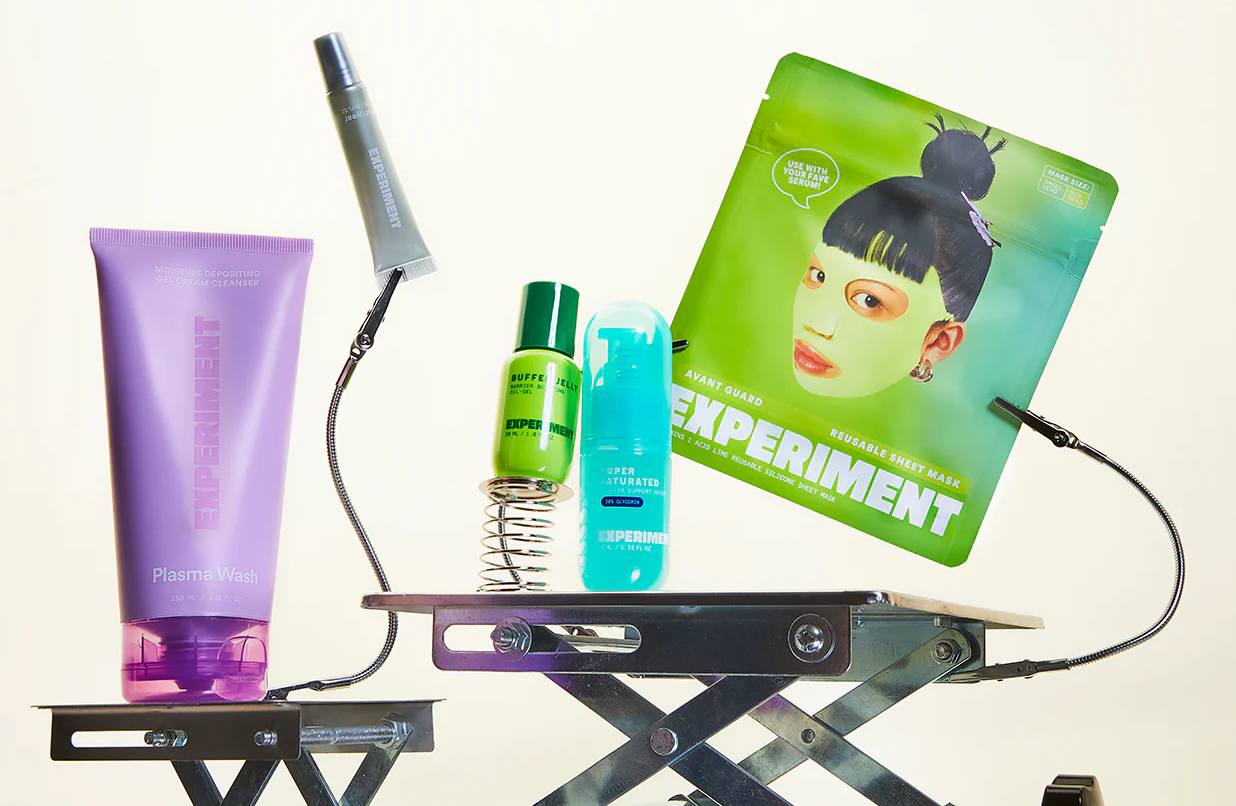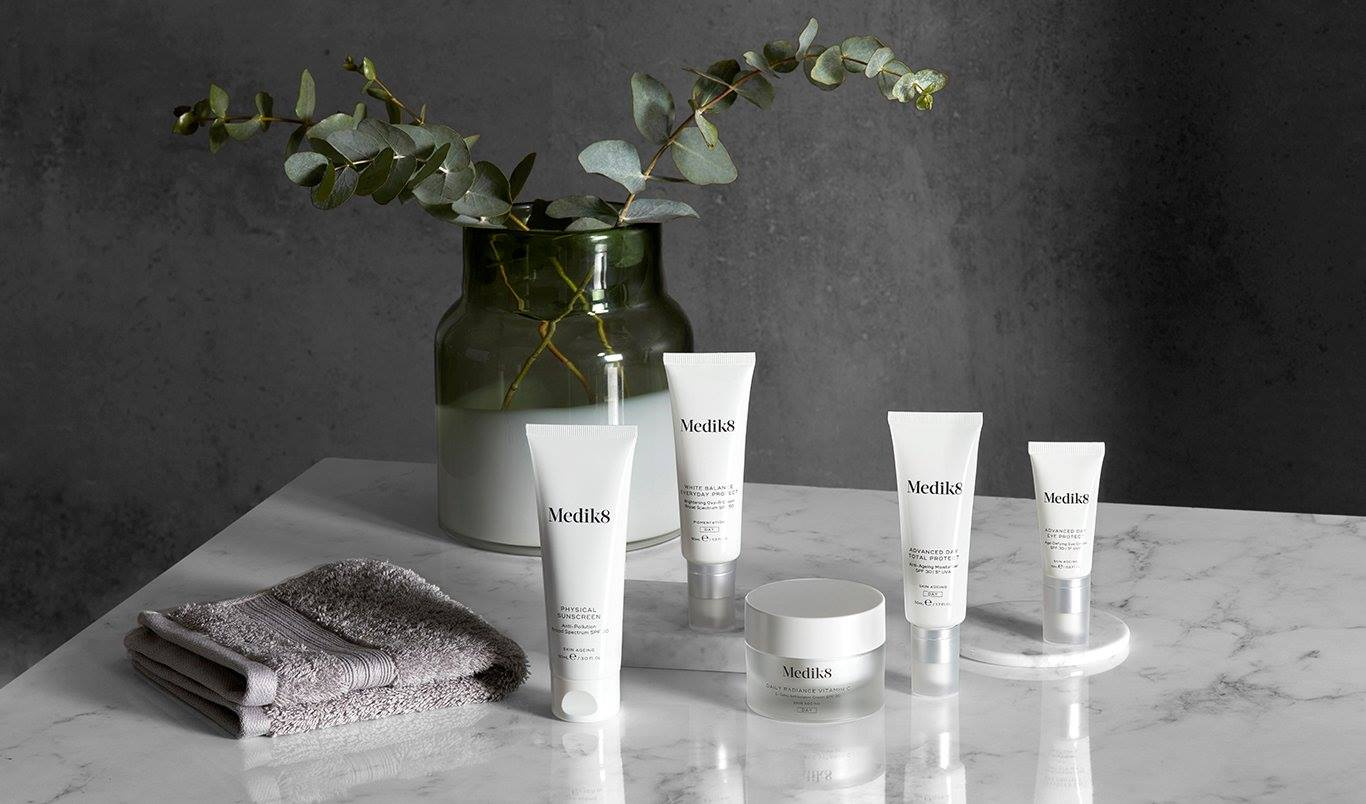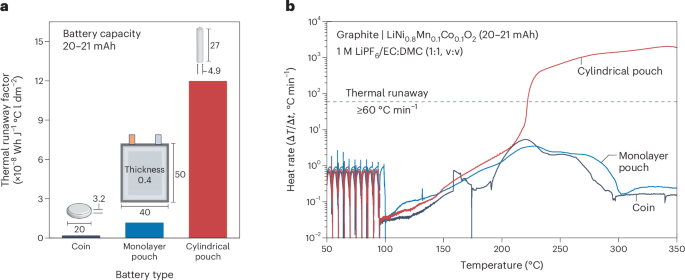Mindshift: The Inner Work Of Sustainable Self-Care
Before you can build habits that truly support your well-being, you have to change how you think about yourself, your time, and your needs. The post Mindshift: The Inner Work Of Sustainable Self-Care appeared first on Above the Law.


Ed. note: This is the latest installment in a series of posts on motherhood in the legal profession, in partnership with our friends at MothersEsquire. Welcome Sonya L. Sigler back to our pages. Click here if you’d like to donate to MothersEsquire.
I used to think self-care was going to get a pedicure. Or taking a yoga class. Or maybe a quick journaling session squeezed in between client calls or kid activities.
Not that these activities can’t be self-care, but I’ve learned — often the hard way — that real self-care starts in your mind. It starts with a mindset shift, or as a mistyped mindshift. It turns out, mindshift may have been the better term all along — because self-care isn’t just about adjusting your attitude; it’s about shifting how you move through your day, your choices, and your internal dialogue.
Before you can build habits that truly support your well-being, you have to change how you think about yourself, your time, and your needs. Otherwise, even the best wellness plans will fall apart the moment your calendar gets full (which it always does).
What’s Running In The Background?
I spent years over-functioning in every area of my life — lawyer, mom, volunteer, startup exec — because I was operating under some deeply ingrained beliefs I didn’t even know were running through my mind. I was a fixer. A people-pleaser. A high-achiever. I believed saying yes made me valuable. Saying no made me selfish.
It wasn’t until I found myself overwhelmed, isolated, and burned out — giving everything until there was nothing left — that I realized something had to shift.
I had a powerful realization: “NO” is a complete sentence. You don’t owe anyone an explanation for prioritizing your well-being.
I also began to recognize and rewrite the voice in my head. The one that told me I should be able to do it all. The one that made me feel guilty for resting. I learned to become my own best friend. Gradually, I changed the negative voice in my head to something more positive and encouraging. Often, that shift happened for me while running in the mornings — literally moving while mentally resetting.
Learning to recognize what’s running in the background for you, can help you make changes.
From External Validation To Internal Alignment
One of the biggest mindset shifts in self-care is moving away from how it looks and toward how it feels.
Early on, I kept a journal for each of my kids. I wanted to write in those journals every Sunday. I beat myself up when I didn’t. But when I finally sat down and read those journals, I realized the truth: it wasn’t about how often I wrote. It was about the memories I captured. The love was there — even if the entries weren’t weekly.
I see this same pattern in the legal world. We attach our self-worth to achievement, perfection, and praise. We compare ourselves constantly — to colleagues, opposing counsel, and even social media highlight reels. But that “comparisonitis,” as I call it, erodes our energy and leaves us feeling like we’re always falling short.
Here’s a reframe I use:
Instead of, “I have to do this,” try: “I’m choosing to do this because it aligns with what matters to me.”
Those small reframes can help us stay grounded in what is, rather than what “should” be.
Practice, Not Perfection
Self-care isn’t a checkbox — it’s a practice. A mindset you nurture. One of my favorite reframes is this: It’s not about getting it right. It’s about your intention.
I found learning to be present a particularly difficult mindshift. I wish I’d been better at being present when my kids were younger, instead of constantly worrying about work and the never-ending to-do list. But I’ve learned to catch myself sooner. And I now know that being present — no matter how briefly — is a powerful form of self-care that can lead to better focus.
When I first tried gratitude journaling, I made it to page three. As much as I love journaling, I realized writing about gratitude wasn’t for me. Instead, I tried naming one thing I was grateful for as I went to sleep. This method worked for me, and now I am up to a more comfortable and workable practice of naming three things I am grateful for upon waking and as I go to sleep. This evolution took practice, not perfection, and more importantly, and finding a method that works for me.
Practice, not perfection — that’s what self-care looks like when it’s shaped by your mindset — not someone else’s checklist.
Closing Thoughts
Let me be clear: changing your mindset around self-care doesn’t make you any less committed, capable, or professional. It makes you more resilient, focused, and intentional.
This is especially important for legal professionals — more so for lawyer moms. Our field is built on perfectionism and performance. And society at large places even higher demands on moms. The saying goes — parent like you do not have a full-time job, but work like you do not have kids. But no amount of achievement will protect you from burnout if you’re running on fumes. California now includes CLEs in wellness for a reason. We’re waking up to the truth: well-being is part of our professional competence.
So here’s your micro-action for today: Choose one mental loop to rewrite.
Maybe it’s “I don’t have time for self-care.” Try: “Taking care of myself helps me do my job better.”
When you take care of yourself, you don’t just protect your well-being, you protect your ability to serve, lead, and love with clarity and strength. It’s like putting your oxygen mask on first before helping others.
The most powerful self-care strategy I’ve ever learned wasn’t a new routine — it was a mindset shift.
If you’re stuck in guilt, comparison, or perfectionism, know this: you’re not alone. You don’t need to do this perfectly. You just need to start noticing what’s driving your choices — and gently shift the narrative for yourself.
That’s where sustainable self-care begins.
This article is the second in a five-part series on self-care for legal professionals, in recognition of Mental Health Awareness Month. Up next: Alignment—Self-Care that Reflects Your Values & Goals.
Sonya L. Sigler is a lawyer, author of 30 Days to Better Self-Care, and wellness advocate who helps busy legal professionals build practical habits that support lasting success—personally and professionally.
The post Mindshift: The Inner Work Of Sustainable Self-Care appeared first on Above the Law.





















































































































































